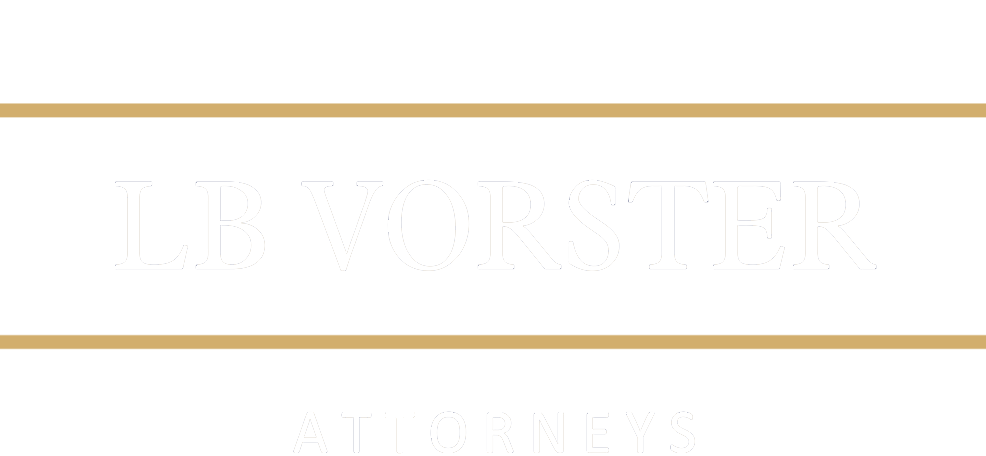In the previous article of this series the difference between patent and latent defects was discussed. The way in which the owner of immovable property would protect him/herself against a claim by a purchaser based on defects not disclosed to the latter is to have a “voetstoots”-clause inserted in the agreement of sale.
Contrary to popular belief the introduction of the Consumer Protection Act (CPA) in 2011 has not entirely nullified the protection available to a seller of immovable property in terms of the “voetstoots”-clause.
Section 55(2) of the CPA stipulates that every consumer has a right to receive goods that:
- are reasonably suitable for the purpose for which they are generally intended;
- are of good quality, in good working order and free of any defects;
- will be usable and durable for a reasonable period of time, having regard to the use to which they would normally be put and to all the surrounding circumstances of their supply.
However, the CPA only applies to transactions in terms of which a supplier (the seller) supplies goods to a consumer (the purchaser) in the ordinary course of the supplier’s business. Therefore, when a property developer or investor sells immovable property it is likely that the agreement of sale relating to such property will be subject to the CPA as they will be deemed acting in the ordinary course of their business.
However, if the same developer (or investor) would sell his/her own home, such a transaction would not be subject to the CPA as the developer would not be selling his/her home in the ordinary course of his/her business. A private sale of property is a transaction that does not fall within the ambit of the CPA as it is not a transaction concluded in the ordinary course of the seller’s business.
It is therefore clear that in most instances the CPA will not apply to day to day immovable property transactions. A once-off transaction between two individuals for the sale of a house would not likely be a supply of goods in the ordinary course of the seller’s business and consequently the deed of sale relating to such a transaction may contain a “voetstoots”-clause as the parties and the agreement do not fall within the ambit of the CPA.
In the event that the CPA does apply to a transaction, a “voetstoots”-clause cannot be included in the agreement relating to the transaction and such a clause can most certainly not be enforced. The parties are also not entitled to agree to a waiver by the purchaser of his/her rights in terms of the CPA as such an agreement will be limiting the rights of the consumer (purchaser) and therefore be considered unreasonable, unfair or unjust.
Importantly, not all purchasers in transactions that are subject to the CPA will benefit from the protection provided by the said Act. In terms of section 5(2) of the CPA it will not apply to a transaction if the purchaser is a legal entity (company, close corporation or trust) with an asset value or annual turnover exceeding R2,000,000 (two million rand). In such an event the agreement of sale may contain a “voetstoots”-clause as the transaction does not enjoy protection under the CPA.
(This article is merely a general information sheet and should not be used or relied on as legal or other professional advice. No liability is accepted for any errors or omissions, nor for any loss or damage arising from reliance upon any information contained herein. Always contact your legal advisor for specific detailed advice or contact us for further assistance.)
 yvonne@lbvorster.co.za
yvonne@lbvorster.co.za  028 313 0136
028 313 0136

Recent Comments